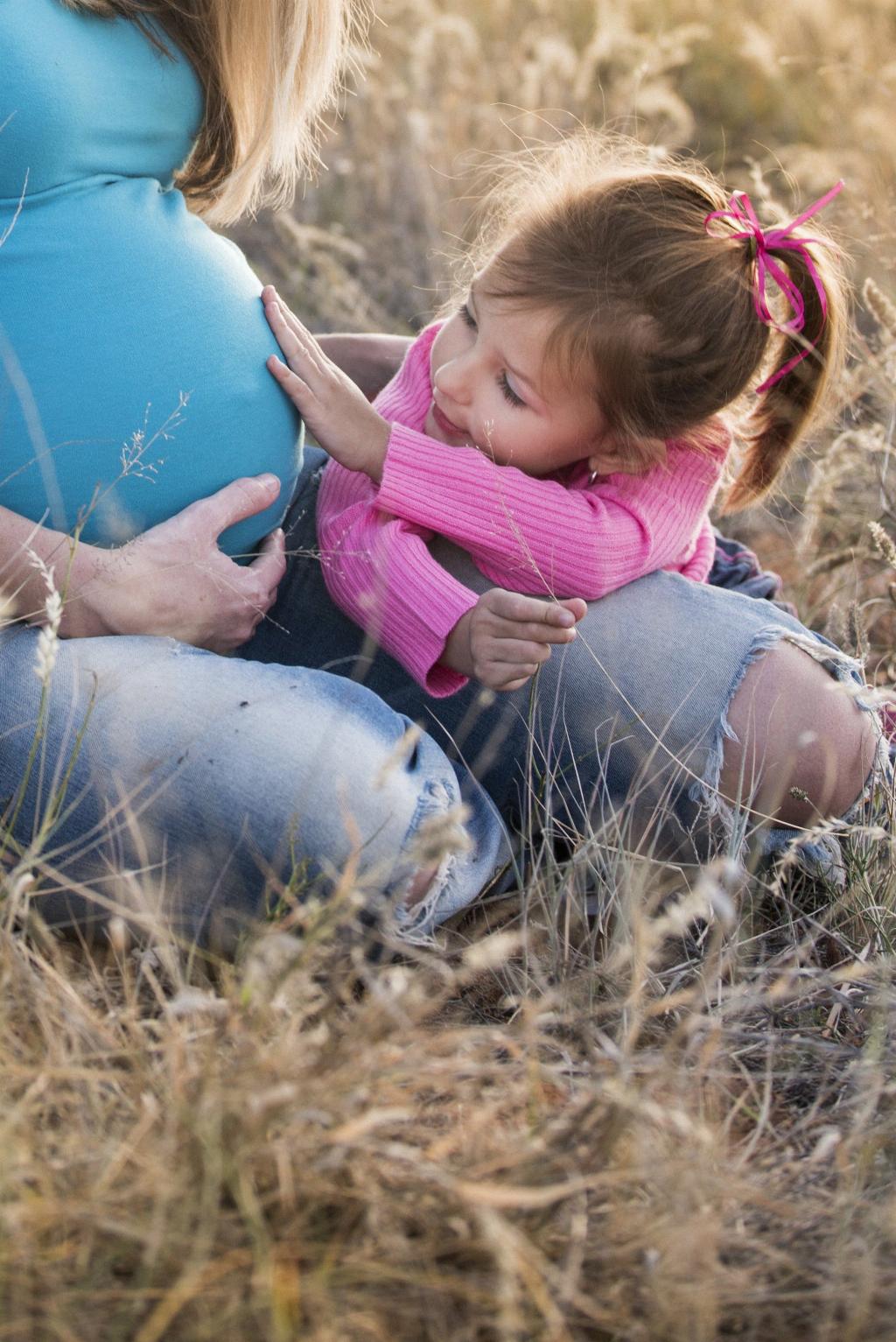Pregnancy is a miraculous journey that brings about numerous changes in a woman’s body. One of the less talked about aspects of pregnancy is the potential development of hemorrhoids. These swollen blood vessels in the rectal area can cause discomfort and pain, particularly during and after pregnancy.
Factors Influencing the Duration of Pregnancy Hemorrhoids
When it comes to the timeline of when pregnancy hemorrhoids go away, several factors come into play. The severity of the hemorrhoids, the treatment options pursued, and individual healing processes all play a role in determining how long they persist.
The Role of Childbirth
Vaginal delivery can put added pressure on the rectal area, potentially exacerbating hemorrhoids during childbirth. This added strain can prolong the healing process for hemorrhoids acquired during pregnancy.
Postpartum Hemorrhoid Recovery
For many women, pregnancy hemorrhoids begin to subside in the weeks following childbirth. However, for some individuals, the hemorrhoids may persist for a longer duration, sometimes even months after giving birth.
Home Remedies and Self-Care
Engaging in self-care practices can help alleviate the discomfort associated with pregnancy hemorrhoids. Simple measures such as soaking in warm baths, applying ice packs, and using over-the-counter creams can contribute to the healing process.
Doctor’s Recommendations and Treatments
If pregnancy hemorrhoids are particularly bothersome or fail to improve with at-home remedies, seeking medical advice is essential. Healthcare providers can recommend appropriate treatments, such as prescription creams or procedures to alleviate hemorrhoid symptoms.
Potential Complications
While pregnancy hemorrhoids are typically not a cause for concern, in some cases, complications may arise. If hemorrhoids become thrombosed or show signs of infection, immediate medical attention is necessary.
Consultation with Healthcare Providers
Always consult with your healthcare provider if you experience persistent or severe symptoms of pregnancy hemorrhoids. They can provide tailored recommendations based on your individual situation and offer guidance on effective treatment options.
Promoting Healing and Comfort
Ensuring adequate hydration, consuming a fiber-rich diet, and avoiding prolonged sitting or straining during bowel movements can all aid in promoting healing and comfort for individuals experiencing pregnancy hemorrhoids.
Emotional Well-Being
Coping with the physical discomfort of pregnancy hemorrhoids can also take a toll on one’s emotional well-being. It’s important to seek support from loved ones or healthcare professionals to navigate the challenges associated with this common pregnancy ailment.
Long-Term Postpartum Care
Even after pregnancy hemorrhoids have resolved, it’s crucial to maintain good rectal health through ongoing self-care practices and healthy lifestyle choices. Prioritizing pelvic floor health and regular exercise can support long-term postpartum well-being.
Final Thoughts
In conclusion, the duration of pregnancy hemorrhoids can vary for each individual, depending on multiple factors. By following recommended self-care practices, seeking medical advice when needed, and prioritizing overall well-being, individuals can navigate the challenges of pregnancy hemorrhoids with resilience and grace.

